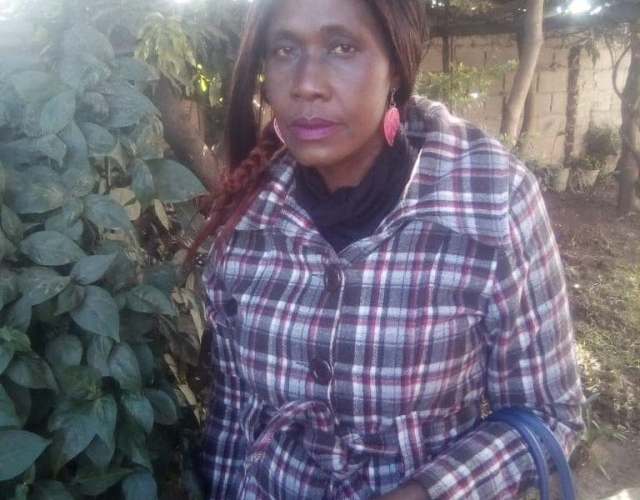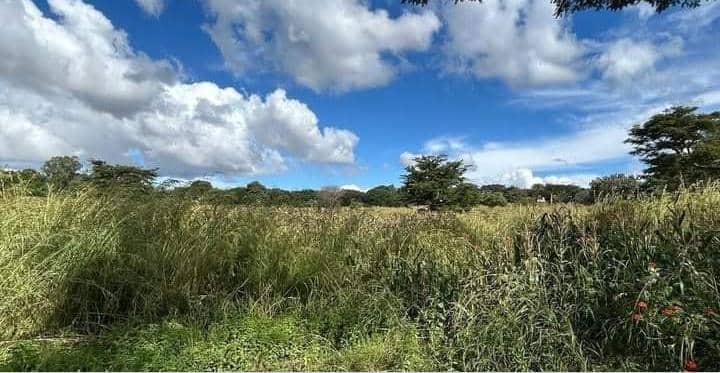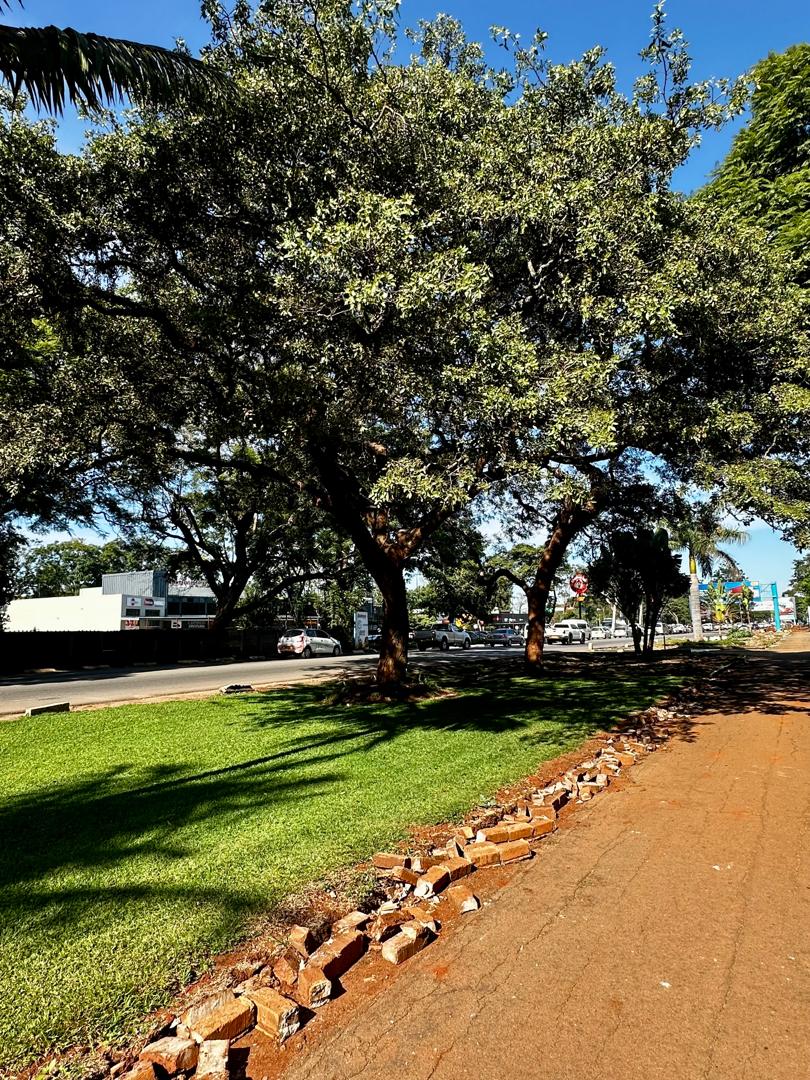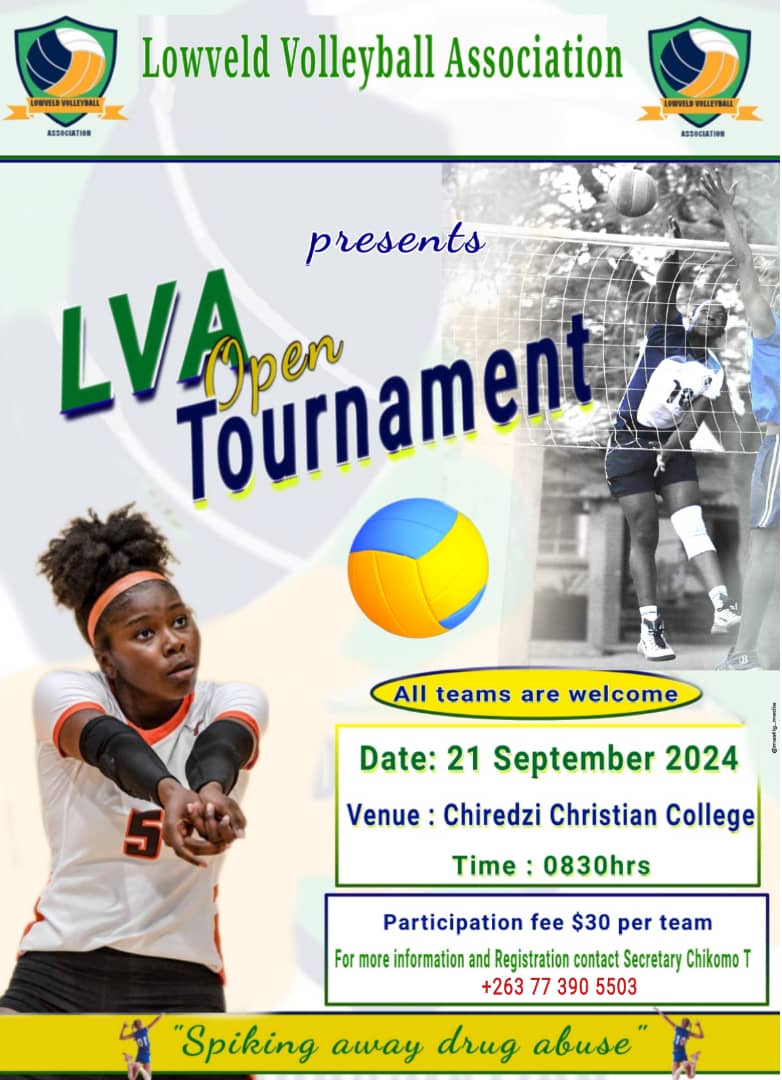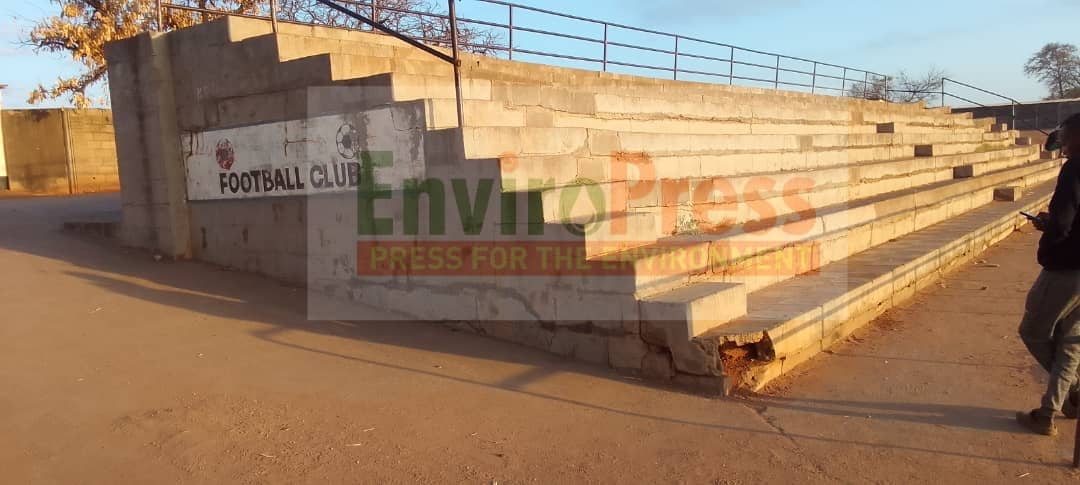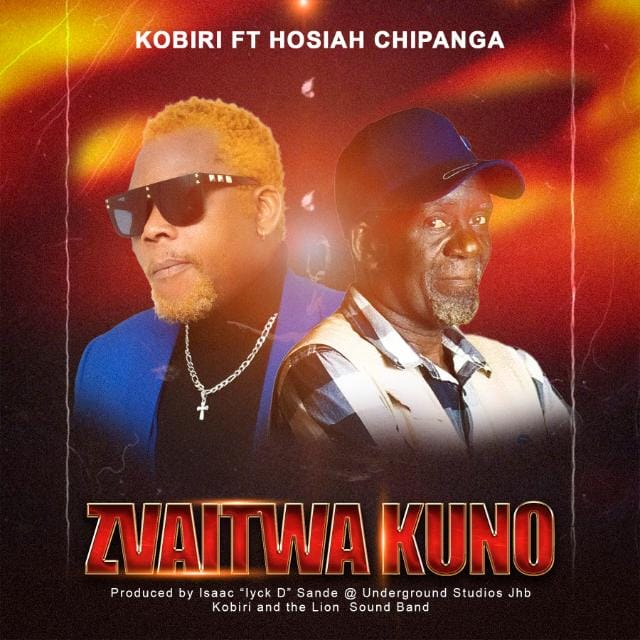…a case of too little, but not too late
Moses Ziyambi
In November, the Zimbabwe Twitter space, colloquially called Zwitter by users, became a GBV battleground after a nasty exchange between Linda Masarira and Hopewell Chin’ono regarding an outbreak of xenophobic attacks on Zimbabwean migrants in some parts of South Africa.
An outspoken civic and political activist, Masarira, who leads the Labour Economists Afrikan Democrats (Lead) party, has gained prominence for her often non-conformist views as well as her readiness to flow against the tide.
She has become a women human rights defender in her own right; from her days in the labour movement, her long detention in 2016 after taking part in the #ThisFlag and Tajamuka-Sesjikile protests, to this point in time as leader of a fledgling political party.
It was, however, reactions to her tweet on November 19 criticising Chin’ono’s comments on Zimbabwean migrants in South Africa that provoked debate on GBV against women human rights defenders.
“Tanga wanogeza iwe,” Chin’ono had retorted in sharp rebuke of Masarira’s allegations that the award-winning journalist-cum activist had used social media to agitate for the xenophobic violence against people from his own country.
Much more vitriolic abuse from less prominent Zwitter users had followed Masarira, a mother of five’s tweet in the comments section, with one such user Wasomi Wenyika saying, ‘Udzidzewo family planning futi Rinda’, translated to ‘You Linda must learn family planning practices too’.
Many other users quickly jumped to the defence of Masarira, whom they felt was once again becoming a victim of chauvinistic GBV by an eminent, yet misogynistic male supported by his horde of followers.
“This attack on women’s bodies through body shaming, objectification and GBV is unacceptable even worse from leaders like Hopewell. Violence against women leaders in public spaces looks like this, dear world! Loosely translated, he is saying go learn to bath before we can talk,” responded Nyaradzo Mashayamombe, a prominent women and human rights campaigner.
Need for collaborative approaches
Asked about her thoughts on the condition of women human rights defenders in the country with regards to GBV, Masarira said such abuse must be tackled through a collaborative approach bringing together men as potential abusers and women as the most likely victims.
“At least two out of every three women human rights defenders in our country, in Africa and the world has experienced some kind of GBV in their lifetime; be it physical, emotional, psychological, sexual and many other forms of abuse. Women are more prone to GBV than men and it goes back to the way we are raised; with girls being prone to more GBV, more limitations and more emotional abuse than boys,” said Masarira.
Sheila Chisirimunhu (pictured), a rural school teacher and activist, said women human rights defenders faced extraordinary challenges in a society that is largely insensitive to the differentiated needs of women.
“Personally, I suffered serious inhuman treatment including being beaten by police, being bundled into a prison truck with male convicts. The worst of all was to stay in prison without being provided with sanitary wear during my menstrual periods. This was traumatic and it will haunt me for the rest of my life,” said Chisirimunhu.
Chisirimunhu was earlier this year arrested and detained for taking part in a peaceful demonstration at the Masvingo district education office calling for better pay and improved working conditions for teachers.
Prominent author and feminist activist Tsitsi Dangarembga said fighting GBV against women human rights defenders and women in general was a duty for all people.
“It’s not easy to be a human rights defender in our country and it’s particularly more difficult for women human rights defenders. I am convinced, however, that society can be mobilised to come together and fight this problem in similar fashion as we have come together to fight other common problems of our time,” she said.
The award-winning novelist spent a night in a police cell and had her passport taken from her after she got arrested for taking part in a peaceful, two-women demonstration against government corruption at the end of July 2020.

